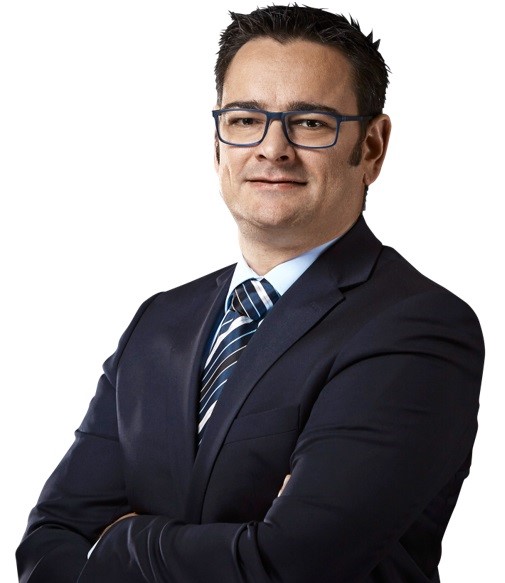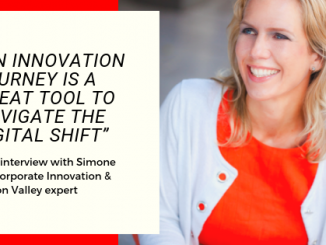MBS Insights: What do you want to achieve with your qualification?
Melanie Vogel: With my qualification as a Systemic Business Coach, I would like to build up a second mainstay as an independent coach to help people professionally and sustainably achieve their professional goals and to support companies with problem-solving strategies to restore or improve satisfaction in the workplace. As a Business Coach, I see it as my task to ensure more humanity in the workplace and to make it clear that it is worth investing in employees.
Guido Eckhardt: Through the degree I would like to consolidate my work with people in the team structure or also in individual coaching. My toolbox as trainer, facilitator and coach has become fuller and therefore I can support people professionally in promoting their dreams and professional development. Companies that realize that every employee has something good in him or her and invest in bringing these strengths to light and use them accordingly – that is the goal and I would like to help with this development.
MBS Insights: And to conclude – whom would you recommend the training to? Any tips and tricks on what to bring or what to be prepared for?

Guido Eckhardt: This training is definitely for people who have an interest in change processes. It is a goal-oriented, person-centered, professional and job-related consulting process based on cooperation. The coachee is the expert, the coach is responsible for the process. If you live this principle and want to promote experts systematically, you will receive a toolbox with contents. You should be open, willing to learn new things, and be aware that the systemic approach can also involve very complex approaches and questions, for example from psychology.
Melanie Vogel: I can only agree with that. Business coaching is a very demanding and responsible activity in which you definitely deal with interesting and complex issues from the fields of psychology and business organization. This requires that one is willing to constantly develop and reflect on oneself. In my opinion, future business coaches should have social skills in addition to certain basic requirements, such as a certain amount of professional experience. To work as a coach, you should be socially competent and empathetic. Solution-oriented thinking is also indispensable in order to be able to accompany people in the role of a coach.



